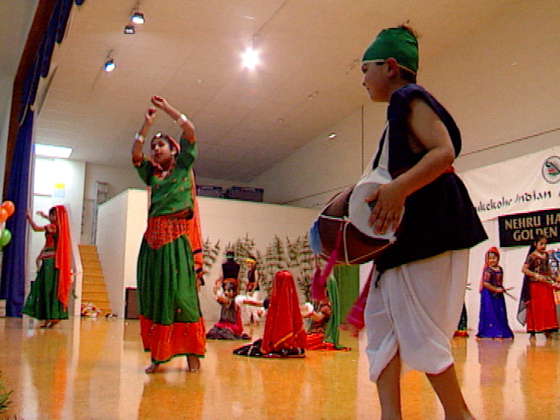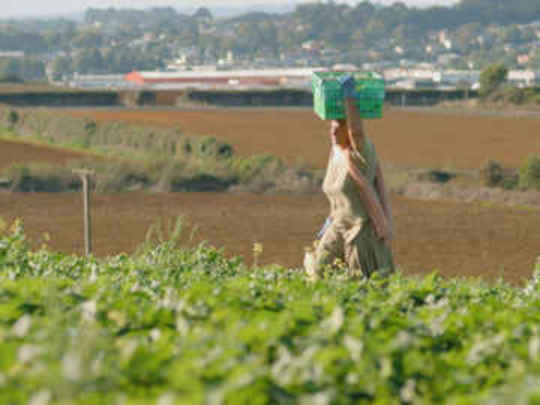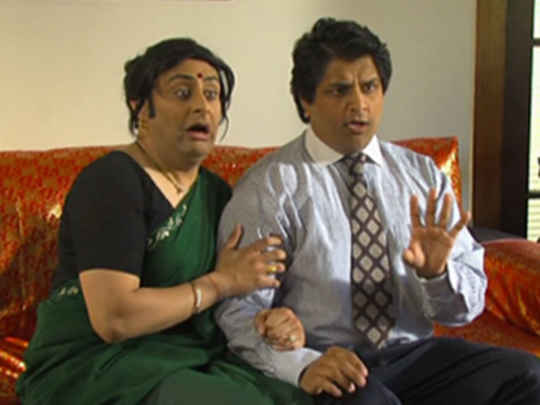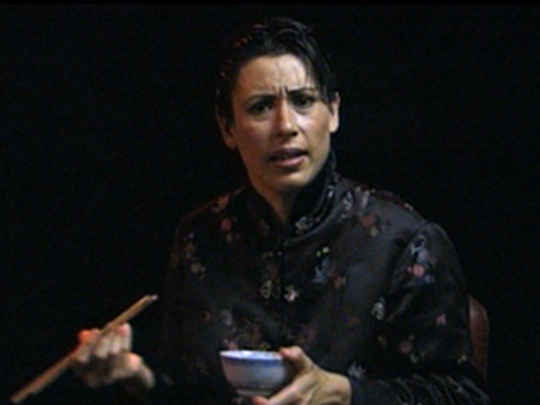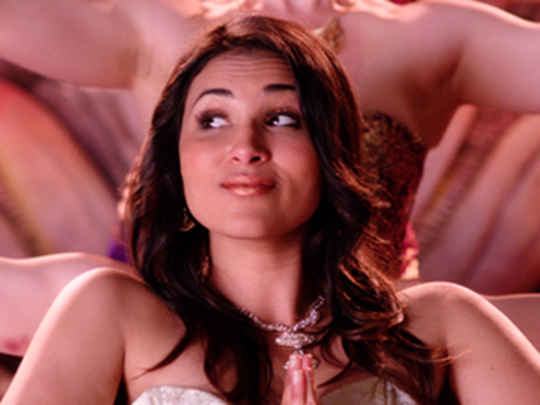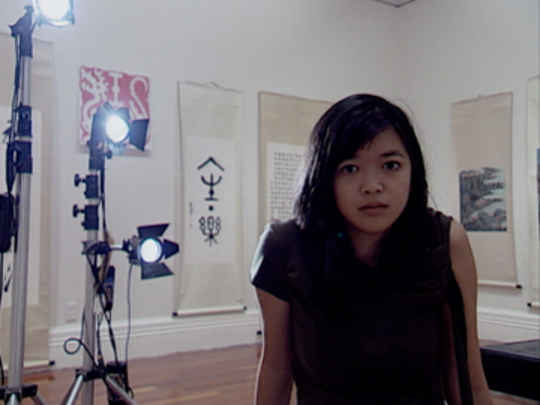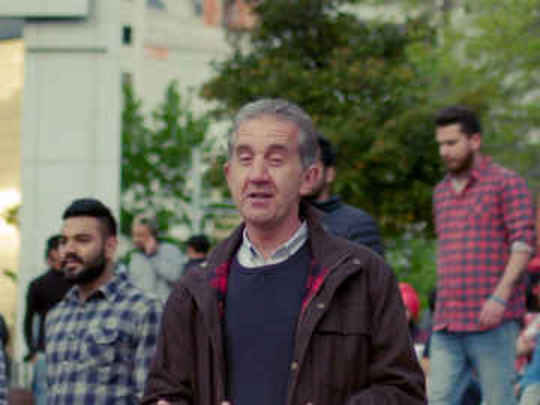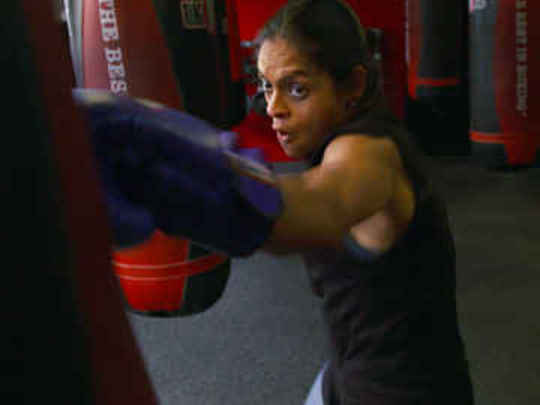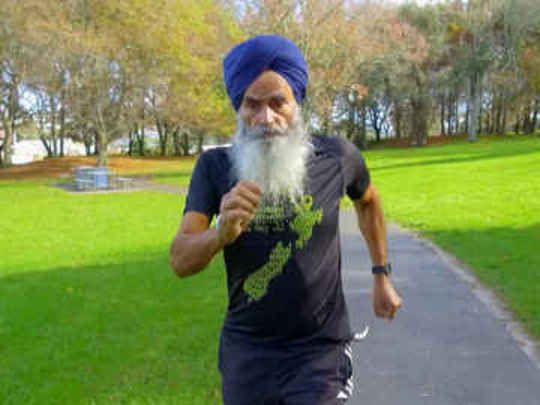Asia Downunder - Nehru Hall
Television (Excerpts) – 2003
History shows that things were not easy for those early Indian families and I have to say I am always ashamed when I hear the stories of some of the obstacles that you had to overcome...– Franklin Mayor Heather Maloney addresses members of the Indian Association on the 50th anniversary of Nehru Hall
There was nobody I could turn to so it was like a dog putting its tail under and walking out, feeling very sheepish, very foolish and...unwanted.– Magan Ranchhod MNZM on being rejected from a Pukekohe barber's shop when he was young, for being an Indian Kiwi
I have heard and read stories about how Europeans wouldn't want to sell their land to the Indians...they were quite happy to have Indians work for them and they didn't mind if they worked very hard. In fact, they didn't mind if they worked day and night to earn them a lot of money, but when they started working for themselves, I think they found that a bit hard to take.– Magan Ranchhod recalls the double standards applied to Indians when they settled in Franklin
Between 1925 and 1927, Indian market gardeners at Pukekohe were the target of a racist campaign started by other growers, which turned into a national movement. The White New Zealand League, established in 1926, was opposed to both Chinese and Indian immigration because it was seen as a threat to the racial integrity and economic prosperity of European New Zealanders. The league found support among a range of groups including grower associations, labour organisations, local bodies and the Returned Soldiers’ Association, but flourished for only a few years. However, racial tensions persisted at Pukekohe. Until the late 1950s, Indians there were excluded from barbers, private bars, and balcony seats in cinemas, and could not join the local growers’ association.– Te Ara excerpt about the racist attitudes shown to Indian immigrants to New Zealand in the 1920s-1950s
Ten years ago I was at a function at Pukekohe where the Pukekohe Indian Association was celebrating the 50th anniversary of their community centre, the Nehru Hall. In her address, the town’s mayor at that time, Heather Maloney, apologised for the “past injustices” that the Indian community encountered during the early days.– Journalist Bharat Jamnadas on his Asia Downunder story about the Nehru Hall in 2003, Auckland Indian Association, 24 May 2013
